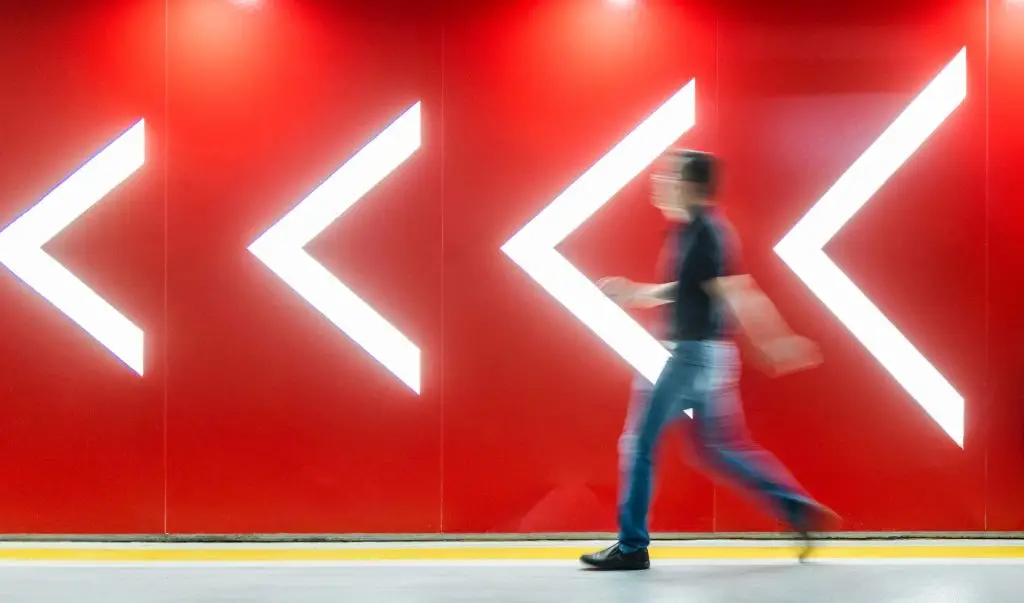The Financial Times is done with The Next Web. The popular technology site, acquired by the FT in 2019, will not hold its annual TNW Conference in June 2026. The online news team has also been shut down.
The decision sent a jolt through Europe’s tech community. TNW was more than just a conference: it became a stage where founders, investors and innovators could tell their story and capture attention beyond their home market. Its absence leaves a gap that is more editorial than logistical.
As a marketer who handles communications and logistics for regional events, I’ve been thinking about the real consequences. My verdict: the Dutch capital will continue to thrive as a global stage – but technology companies have lost a useful media platform that helped them build credibility.
Amsterdam’s event calendar is as busy as ever. Next year the city will host the global technology summit Hello Tomorrow, alongside IBC and Money20/20 Europe, both at the RAI exhibition centre. In November, private markets professionals will gather for the SuperReturn EMEA summit. Fixed income executives will return for Fixed Income Leaders. And these are just a handful of the global conferences in DeFi, greentech, AI and other fast-moving sectors that choose Amsterdam as the “place to be.”
So, for the Netherlands, TNW’s cancellation is not a major blow to the city’s status as a hub for international events. The impact is subtler: another independent editorial platform dedicated to innovation has disappeared. For CMOs and PR professionals, that matters.
The challenge is not unique to the Netherlands. In smaller-language markets such as Denmark or the Czech Republic, trade publications and independent events have thinned out significantly. In some sectors, if you want to reach a defined professional audience – CFOs, bankers, IT leaders – you might have only a single trade outlet to work with. Independent B2B publishers and event organisers need advertisers, sponsors and exhibitors to survive, but many marketers today prefer to funnel budgets into owned channels where they have full control and better data capture.
That is understandable. But it overlooks one essential ingredient: third-party credibility. Owned media alone rarely convinces a sceptical professional audience. Trade media and independent events, however slim their ranks, still provide a stamp of legitimacy and an environment where ideas can be tested in public.
The demise of TNW is a reminder. Platforms will rise and fall, but credibility remains the scarce currency. For marketers, the task is to support the outlets and events that remain – not just for visibility, but to keep the wider ecosystem alive.
Richard Neve is the managing director of Cognito’s Amsterdam office





